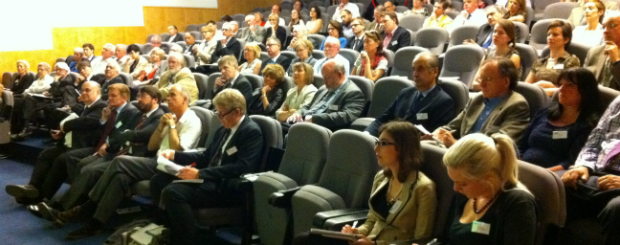Kim Thorneywork is the new interim chief executive of the Skills Funding Agency (SFA).
Geoff Russell, the current chief executive of the SFA, announced his decision to step down in January after informing the Agency last August. He agreed to remain in his position until the end of July to oversee the restructuring of the Agency.
Ms Thorneywork was recently promoted at the SFA to be the executive director of delivery, in May 2011, and has been leading its work on funding policy, investment and provider performance. She moved to the Agency to be the area director for Coventry and Warwickshire in 2006, after having worked as an inspector for Ofsted and a science teacher at Walsall College.
When the SFA replaced the Learning and Skills Council in April 2010 she became the senior account director for the west midlands, with a portfolio of 33 FE colleges and over 160 training organisations.
The skills minister John Hayes said he is “delighted” that Ms Thorneywork has accepted the position.
“Her wealth of experience in the sector and extensive knowledge of the Skills Funding Agency will be a valuable asset in this role.
“I would also like to thank Geoff Russell for his hard work and commitment in the role and wish him well in his retirement.”
Ms Thorneywork said: “Taking the Skills Funding Agency forward will be a privilege. I am delighted to accept the role of interim chief executive and I’d like to thank the minister for putting his trust in my leadership.
“Geoff Russell’s contribution to the sector has been very significant and I welcome the opportunity to build on that. My ambition is to work with the sector to meet the challenges of the future and to truly make skills work for England.”
Mr Russell congratulated Ms Thorneywork and said it was “tremendous” news for the SFA and the sector. “I am confident that Kim, along with the rest of the Executive Management Team, will help enable the sector to take FE to new levels of excellence.”


